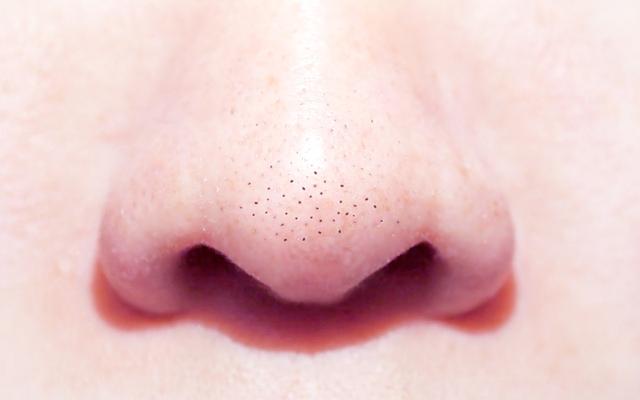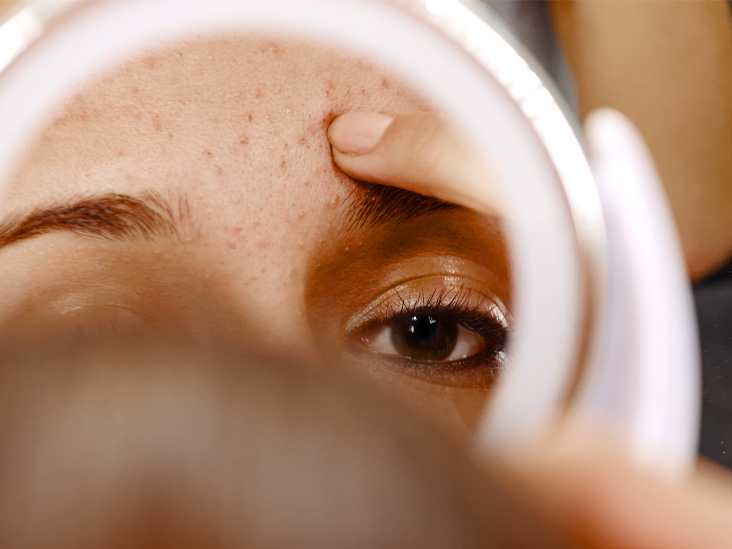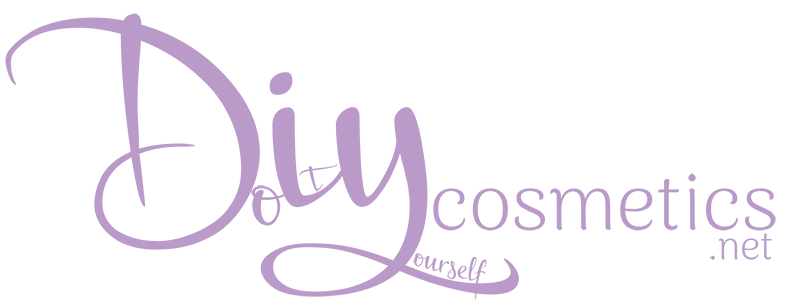Contents
Blackheads are tiny dark bumps that develop on your skin because of clogged hair follicles, develop on your skin. Since the surface appears dark or black, these bumps are called blackheads.
Blackheads are a type of acne that typically occurs on the face but may also occur on other body parts like your back.
Blackheads arise when the opening of hair follicles in your skin forms a clog or plug. Here’s your simple guide in understanding what blackheads are, what causes them, and how to treat these.

Overview: What are Blackheads?
Hair develops from hair follicles in the pores, and underneath lie the sebum-producing sebaceous glands. Blackhead is a form of comedo.
Comedones appear when dead skin cells and a sticky material known as sebum clog hair follicles. This is frequently mistaken for trapped dirt, but the growth of blackheads is not connected to the skin’s cleanliness.
Other acne lesions are usually closed, but with blackheads, the skin actually opens up. The air becomes oxidized by the sebum oil or dead skin cells accumulated and turns black or sometimes yellowish.
Blackheads occur where you’ve got a lot of hair follicles, and that can be on your face, back, neck, chest, arms, and shoulders most commonly. In these places, there are more hair follicles.
What Causes Blackheads?
The risk of getting blackheads can be increased by some factors. A significant consideration is age and hormonal shifts.
Blackheads are most common during puberty, like other acne, it happens when hormone levels shift and cause a spike in sebum development. They can, however, appear at any age.
Androgen, the male sex hormone, causes higher sebum secretion and higher skin cell turnover around puberty. During puberty, both boys and girls experience higher androgen levels.
Hormonal changes due to menstruation, pregnancy, and birth control pills can also cause blackheads in females after puberty. The body’s overproduction of skin cells can cause blackheads.
Other considerations and causes include the following.
- Cosmetics and clothes that block or covering pores
- Heavy perspiration
- Shaving and other hair follicle-opening operations
- In the immediate setting, elevated moisture, and grease
- Some health problems, such as fatigue, premenstrual syndrome (PMS), and polycystic ovarian syndrome (PCOS)
- Medications that facilitate the rapid turnover of skin cells
- Usage of certain medications dependent on steroids, such as corticosteroids
Contrary to common opinion, blackheads are not caused explicitly by lousy grooming. Excessive scrubbing will make them worse rather than eliminate them.
How to Treat Blackheads
It will help to have unique scrubs for gently exfoliating the skin. Look for fragrance-free skin and sensitive skin, and avoid something that makes the skin too dry. There are numerous items available to buy online.
While drying the skin by reducing excessive oil production is necessary, drying it too much can worsen because the glands’ extra output is stimulated.
Non-comedogenic makeup is available from different brands for purchase online. This can help you if you’ve got a very bad case of blackheads.
Azelaic acid, salicylic acid, and benzoyl peroxide are also used for non-inflammatory acne in both prescription and over the counter (OTC) forms. These procedures are topical, applied directly to the skin.
Tips to Help Reduce Blackheads
Prescription drugs containing vitamin A, such as tretinoin, tazarotene, and adapalene, may be recommended to prevent hair follicles from developing plugs and facilitate faster skin cell turnover.
However, once their acne has progressed to become an infected or more severe form, such as pimples, most individuals do not pursue these treatments.
If they become bothersome, it may be better to have a skincare expert to remove the blackheads.
Any other skin conditions may make treating blackheads a little more challenging, such as eczema or rosacea. Before acne, the disorder should be treated, as successful treatment will lead to changes in blackheads.
Don’t Do the Following
Squeezing can irritate the skin and make the issue worse. Stop rubbing blackheads, except with a metal blackhead remover.
As a cure for blackheads, a steam bath has long been suggested because it opens the pores. This has not been verified by research, however. Some people discover that it makes the issue worse.
Removal strips, masks, and vacuums should be used with caution because they can irritate and damage the skin if misused.

Conclusion
Consider washing your hair every day if it’s oily. Hair oils may lead to pores that are clogged. After you eat oily foods, it’s also essential to wash your face because oil from these foods can clog pores.
